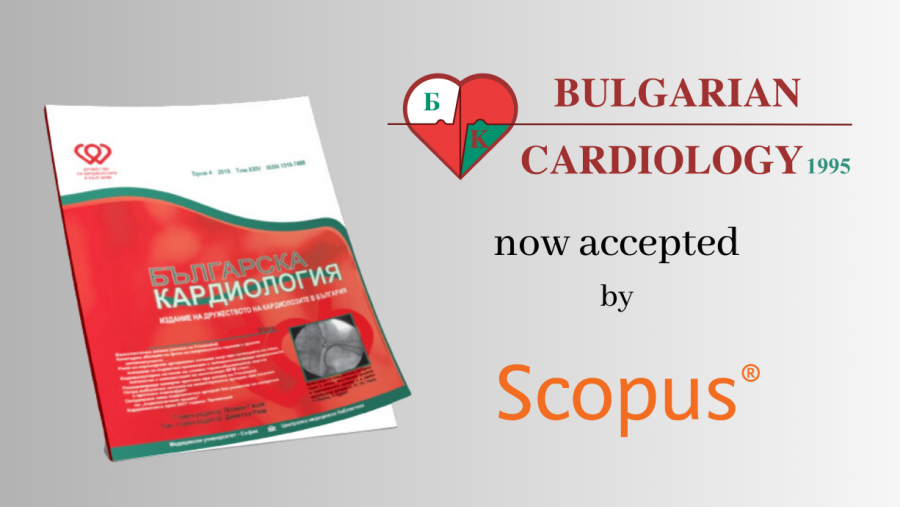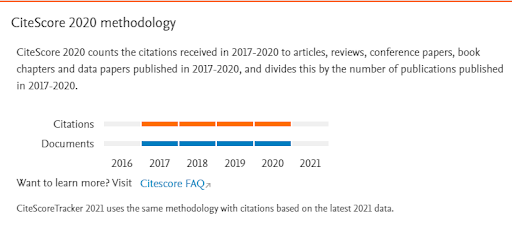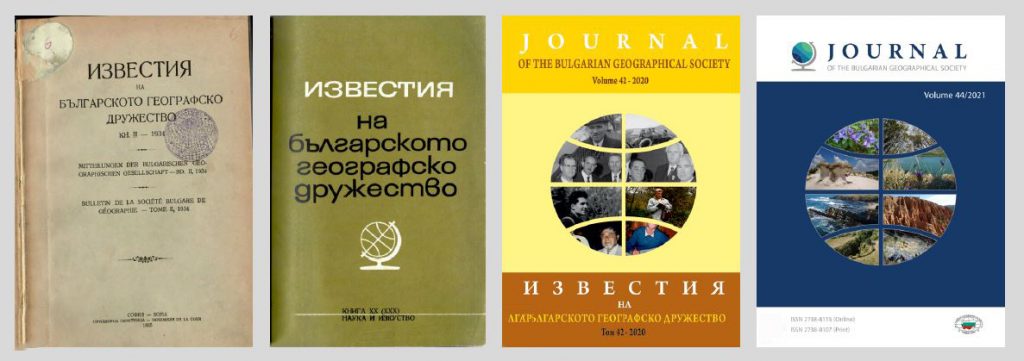The International Biogeography Society (TIBS) has relaunched its flagship open-access scientific journal, Frontiers of Biogeography (FoB), on the ARPHA platform, where it will be co-published with Pensoft Publishers.
This collaboration underscores the society’s commitment to maintaining high-quality, high-visibility and low-cost open-access publishing for the biogeographical community.
“This switch of our journal to a cutting-edge platform, and its committed team of editors, should continue to raise the journal’s visibility and impact,”
comments Prof. Dr. Susanne Renner, TIBS President.
Established by TIBS in 2009, Frontiers of Biogeography serves as an independent forum for research dissemination, and publishes studies on all geographical variations of life at all levels of organisation. The journal adheres to rigorous academic standards, reflecting the mission of TIBS to promote and advance public understanding of biogeographical sciences.
The journal’s editorial leadership includes Prof. Robert J. Whittaker (University of Oxford, United Kingdom), Dr. Janet Franklin (San Diego State University, USA) and Prof. Mark J. Costello (Nord University, Norway), all esteemed figures in the field.
Frontiers of Biogeography was launched on the ARPHA Platform on the 1st of July 2024. The platform is now open for new submissions and offers a robust review and publication process. Articles and supplementary materials published on ARPHA will be distributed under the Creative Commons Attribution Licence (CC BY 4.0), ensuring wide accessibility and reuse. All previously published issues on the e-Scholarship platform will remain freely accessible, ensuring the continuity of knowledge dissemination.
Frontiers of Biogeography has recently been selected for inclusion in the Web of Science™. Beginning with volume 14(1), articles will be indexed in Emerging Sources Citation Index, Zoological Record, Biological Abstracts, and BIOSIS Previews, significantly enhancing the journal’s visibility.
Furthermore, the journal’s latest Scopus CiteScore of 4.3 places it in the Q1 category for Ecology and Ecology, Evolution, Behaviour and Systematics, and elevates it from Q3 to Q2 in the Global and Planetary Change category.
“I am looking forward to working with the new platform and to the start of a new partnership with our colleagues at Pensoft Publishers. This arrangement underlines the commitment of The International Biogeography Society to the growth and success of Frontiers of Biogeography as a service to our members and the broader scientific community,”
stated Prof. Dr. Robert J. Whittaker, Editor-in-Chief.
“In these days of sometimes exorbitant costs to pay publication charges by some of the big publishers, TIBS and Pensoft are joining forces to make it possible for all authors to be able to publish their work at reasonable costs while maintaining the high scholarly standards of peer-review and editorial management which are the foundation of good science,”
added Prof. Dr. Mark J. Costello, Co-Editor-in-Chief.
“We are excited to welcome Frontiers of Biogeography to the ARPHA Platform and look forward to a successful, open-access future. This partnership aligns with our mission to support scientific research through innovative publishing solutions,”
said Prof. Dr. Lyubomir Penev, CEO and founder of Pensoft Publishers.
***
Visit the Frontiers of Biogeography’s new website at https://biogeography.pensoft.net/. Use the Email alert field on the homepage to follow the latest publications, news, and highlights from Frontiers of Biogeography.
You can also follow the journal on X (formerly Twitter) at @newbiogeo.
Keep up to date with the latest from TIBS by following them on X (@Biogeography) and joining the society’s Facebook group.





